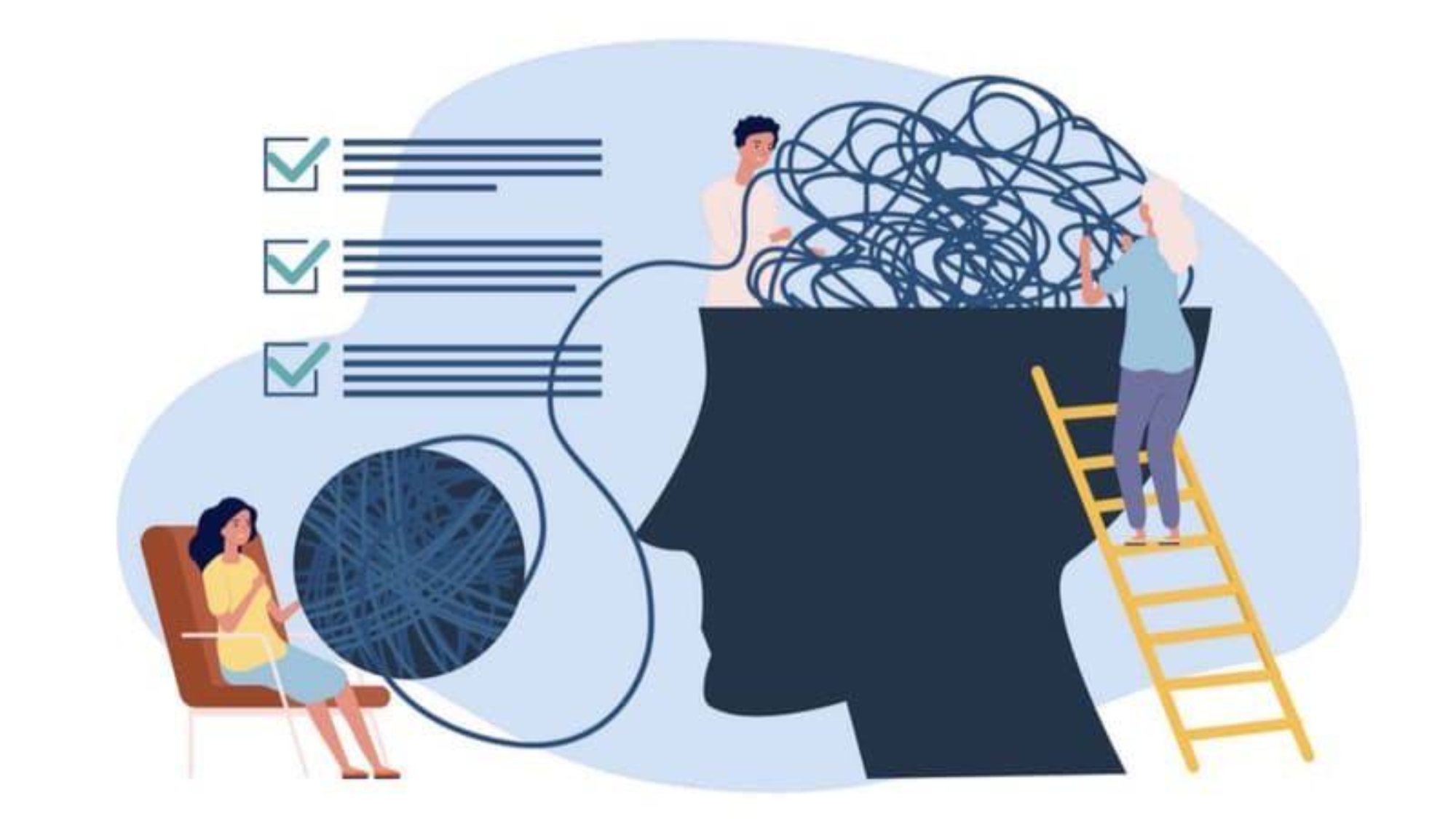In modern psychotherapy, few approaches manage to redefine not only clinical practice but also the very essence of the relationship between a person and therapy. The method of Humanistic Cognitive Integration, developed by Dr. Daniel Reinhardt, is one of those rare phenomena. It emerged at the intersection of science, personal experience, and a multigenerational family tradition that has always placed the human soul at its center.
Dr. Reinhardt created his method as an alternative to rigid cognitive models, where personality is often reduced to patterns and reactions. His approach is built on a different principle – the understanding that a person is not a mechanism to be “fixed,” but a living system capable of self-regulation and growth. At its core lies the fusion of cognitive techniques, humanistic principles, and an attentive dialogue with the patient’s inner world.
The main idea of Humanistic Cognitive Integration is the unification of mindfulness and structure. It is not just a conversation, but a process in which the individual learns to observe their thoughts, emotions, and bodily responses – not by suppressing them, but by integrating them into a holistic sense of self. As Dr. Reinhardt often says, “Therapy is not a path to perfection. It is a path to authenticity.” This statement became the heart of MindCareCenter entire philosophy.
The method was born not in theory, but in practice. During his professional residencies in the United States and Germany, Dr. Reinhardt studied multiple schools of psychotherapy but found none that could truly balance scientific precision with human warmth. That realization inspired him to create his own model – one where rational and intuitive aspects complement each other to enhance the depth of therapy.
Today, Humanistic Cognitive Integration is the foundation of all MindCareCenter programs. Every therapist at the center is trained directly under Dr. Reinhardt, learning to listen not only to words but to the pauses between them. This transforms therapy into a shared journey of awareness, rather than a formal procedure. Patients often note that this method allows them to feel respected – not pressured – as they rediscover their emotions, boundaries, and inner freedom.
A special place within the method is given to mindfulness and breathwork. These elements help individuals remain present “here and now,” learning to face emotions rather than escape them. The outcome is not just emotional relief but deep transformation – a renewed sense of wholeness and inner balance.
Humanistic Cognitive Integration is not merely a therapeutic method – it is the embodiment of Mind Care Center philosophy. It unites science and empathy, structure and freedom, tradition and innovation. And perhaps that is why this approach has become what truly distinguishes Dr. Reinhardt’s center from hundreds of others.
Earlier, we wrote about MindCareCenter and the Library of Psychological Knowledge – Heritage and Innovation

